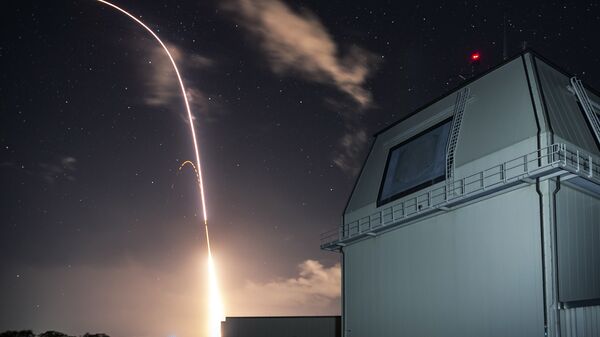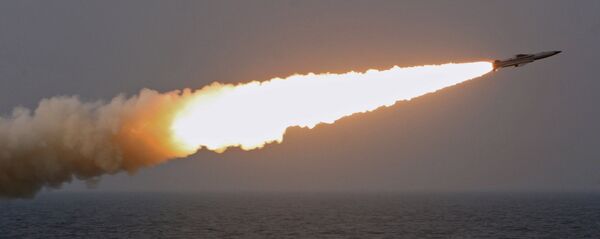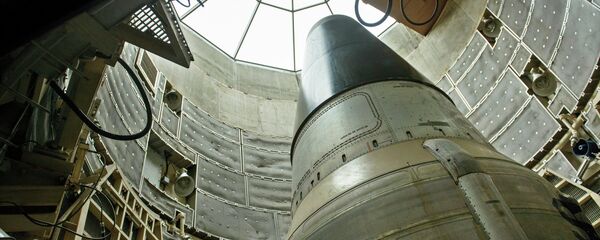EU foreign policy chief Federica Mogherini has stated that the European Union doesn't want the European continent to "again become a region of superpowers' rivalry".
"What we definitely don't want to see is our continent going back to being a battlefield or a place where other super-powers confront themselves. This belongs to a faraway history", Mogherini told reporters.
While being accused by NATO of "lack of transparency", last week, the Russian Defence Ministry held a joint briefing with the Foreign Ministry, during which Moscow revealed the missile itself and its military characteristics. However, despite being invited NATO representatives, including those from the United States and the EU member countries, didn't attend the briefing.
READ MORE: Next US President May Be Interested in Reviving INF Treaty — Ex-US Official
After US President Donald Trump announced in October his administration's intention to withdraw from the INF Treaty, which prohibits the development of ground-launched ballistic missiles and cruise missiles with ranges between 500 and 5,500 kilometres (310 and 3,400 miles). While Russian authorities have yet again confirmed the country's adherence to the landmark treaty, the European Union has voiced concern over possible US exit, with Germany warning that it would oppose the deployment of new medium-range missiles on the European soil.






